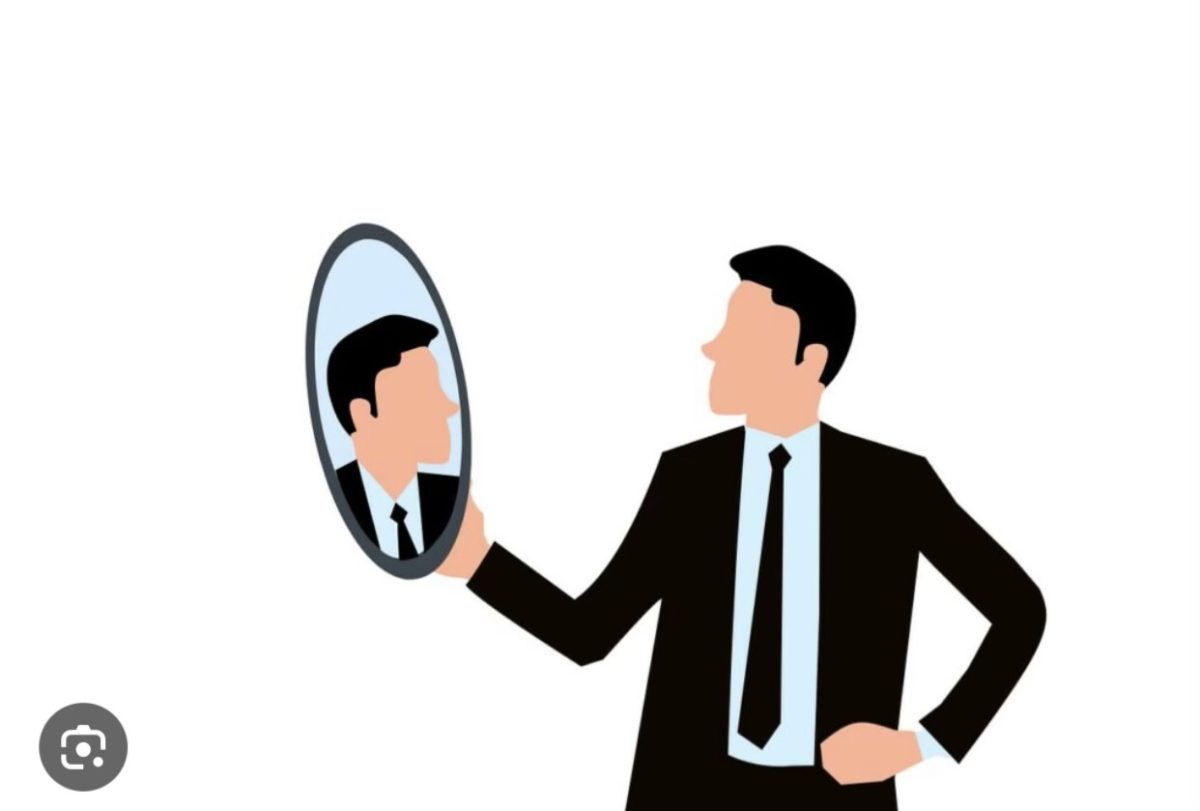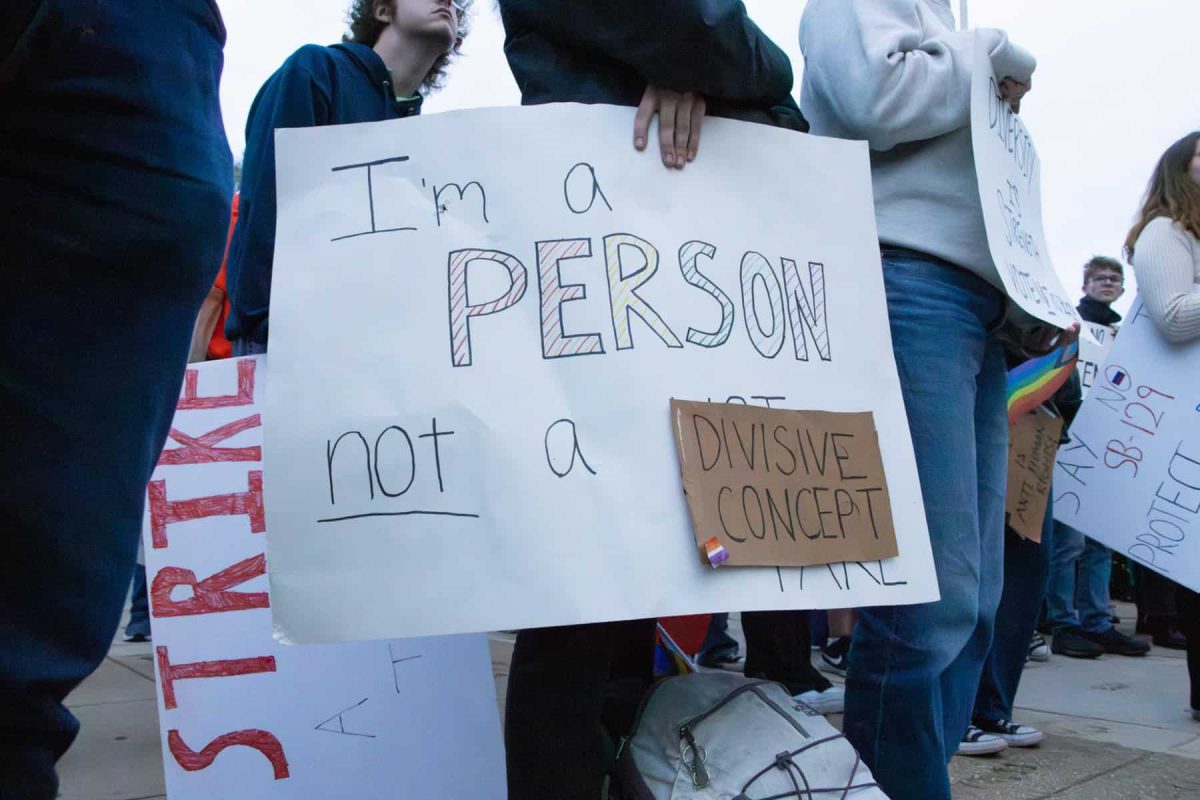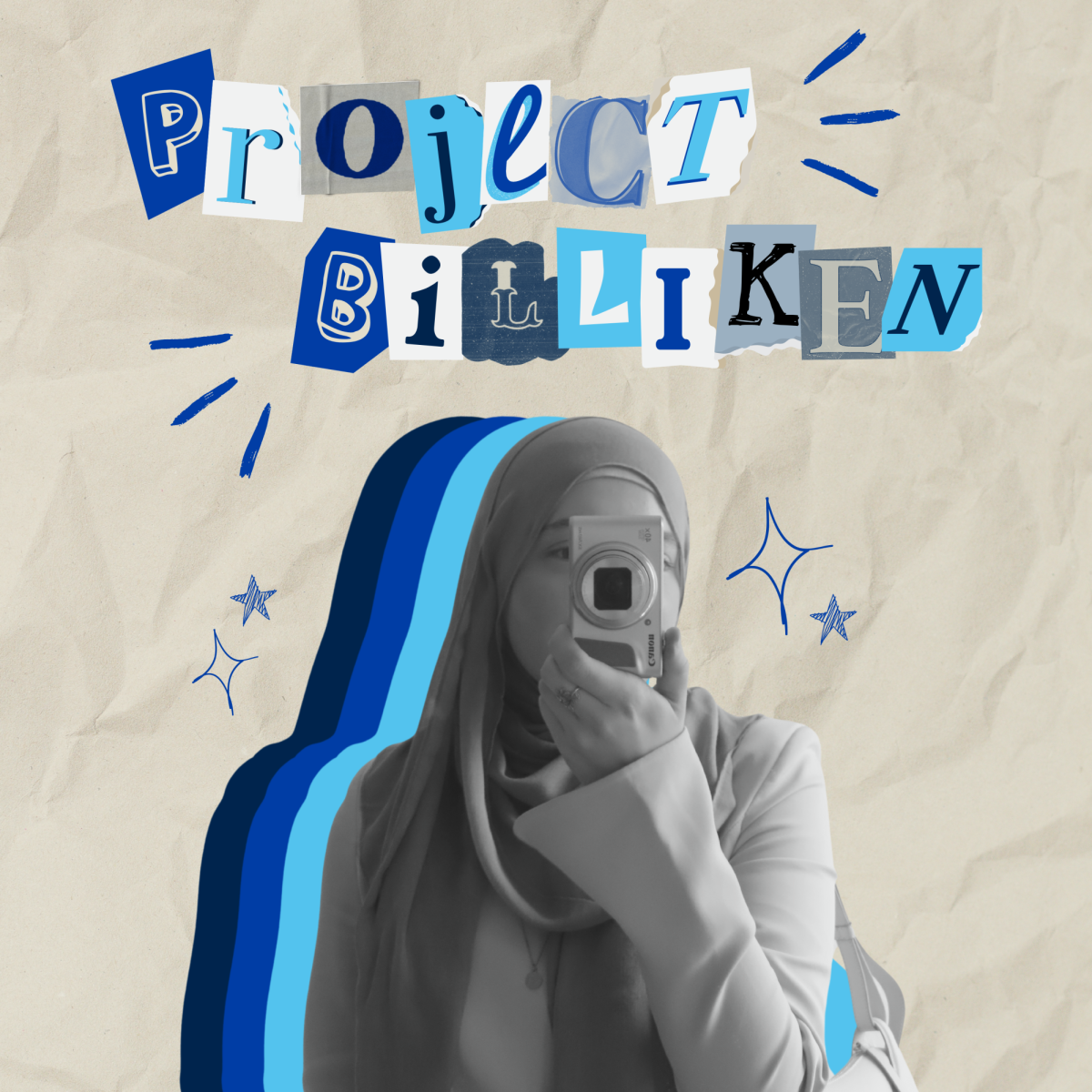What does confidence mean? Is it the skill of easily talking to people? Is it being comfortable with how you dress? Or is it something much deeper?
Confidence seems to encompass an ever growing journey for most and can oftentimes touch on the inter conflicting relationship that individuals may experience with themselves. A trait like confidence may seem to come easily to some as a result of their unique upbringing or experiences, but to others the embodiment of a trait like confidence can only come after a long and tumultuous journey of self-reflection.
So why should someone go out of their way to become confident? Why not continue to keep to yourself? According to sophomore, Bioethics and Health studies major Beautiii Smith, confidence in general can make a person much happier overall.
“You’ll be a happier person, I’m serious, there’s nothing like not thinking about what other people think, being comfortable in your own skin is really the biggest thing…don’t think so much I guess, just do you, and you’ll be surprised by people’s reactions,” Smith says.
As seen, Smith defines confidence as a multitude of things such as not caring what others think or feeling comfortable in one’s self. Through her personal experience, she also often relates confidence to her personal expression through clothing.
“Being confident means you don’t really care what people think of you or you just don’t think on it too much. You might think I shouldn’t wear this because people might judge me for being too formal or this isn’t really the normal style, but if you’re confident enough you’ll just go out and wear it,” Smith states.
Smith also discusses how people often underestimate how others tend to view those with confidence. Having a sense of confidence can allow people to see how much self-respect an individual has for themselves.
“Another thing with confidence is that you don’t realize how much other people respect confidence. I’ll go with the outfit example, you might think it’s too much but then like five people compliment you on the outfit you were so scared to wear and so I think people respect confident people,” Smith says.
Another advantage to confidence is that it can be contagious and spread to those around youu.
According to freshmen, Aeronautics major Trevor Hartmann, confidence can bring people together. It can also help subside some of the insecurities those who are less confident feel when they are surrounded by people who are more confident and encourage them to also be so as well.
“Confidence does bring people together, if you have many people that are confident, and there’s one person that’s not, they can bring that person out of their shell,” Hartmann states.
Hartmann also discusses how things like confidence can help friends in times of need when they are lacking in it themselves.
“Some advantages of confidence could be talking with other people, putting yourself out there. If there’s some situation where you’re not comfortable and there’s a friend that needs some help you could be that person to put yourself out there and be the one who actually initiates…” Hartmann says.
When it comes to confidence on SLU campus, both students discuss how the university could implement more in terms of allowing students to feel more uplifted in their lives or career paths.
For example, Hartmann discusses how SLU could be more proactive in reaching out to those who may feel more alone.
“I feel like there should be more programs that should allow students to be more confident, like if they’re isolated in their rooms some nights there should be some clubs or something that could bring people together,” Hartmann says.
Smith also discusses how the transition from the K12 system to college first hindered her ability to feel confident when coming in as a freshmen to SLU. She specifically explains her experience as a pre-med student and how she has felt in comparison to other students.
“Coming to college in general is a huge blow to confidence because you realize you probably were one of the smartest persons in your highschool but you’re not the smartest person here.because I’m premed, so many people in these classes they know what they’re doing, they know what they want to do, they’re already taking the steps to go to med school and then you’re just sitting here like I don’t know any of this, I don’t understand this, I’m not shadowing, I’m not doing anything, and so you just feel unprepared,” Smith says.
Smith attributes much of this to how sometimes professors or the university advertise what being on the pre-med track entails. She talks of experiences where representatives were brought to some of her classes to talk about these subjects and ended up allowing students to feel discouraged and drop out of the pre-med track.
“In one of my core classes they brought the dean of SLU’s med school to come and tell us all of these things and I really think that did kill a lot of people’s confidence to go to med school because I feel like half the class dropped premed after that,” Smith states.
She mentions how overwhelming it can be and how students often feel discouraged because of the amount of information they are given from the very start.
“I think that maybe not coming at it like ‘Ok, so you need to make sure you’re shadowing, you need to make sure you’re getting all of these volunteer hours in, you need to make sure have good grades, but maybe don’t join all the clubs, you need to make sure you’re doing this, this, and this’… its very overwhelming to hear and then not saying ‘you guys can do it’,” Smith says.
Smith discusses how one of the ways to help fixing this approach can be as simple as adding a few words of encouragement to allow students to feel more confident.
“I think maybe promoting everyone does things at their own time, you don’t have to be this cookie cutter person to get somewhere, people take their own paths, I think that professors especially or people that come they should express that more,” Smith says.
When it comes to embodying confidence, the trick typically lies in mindset. Oftentimes confidence requires surpassing a mental barrier to becoming who you want to be. Smith discusses how sayings like ‘fake it till you make it’ are often true and can help in overcoming that barrier.
“Fake it till you make it is actually a real concept. You may not feel confident but just act like you are and then you might actually become confident… I think confidence is definitely a state of mind,” Smith says.
Hartmann discusses how some of the methods in which he uplifts himself and feels more confident is through what he tells himself first thing in the morning before the start of a new day.
“In the morning, I look in the mirror and I’m like ‘Hey this is a good day, it’s a great day’,” Hartmann says.











